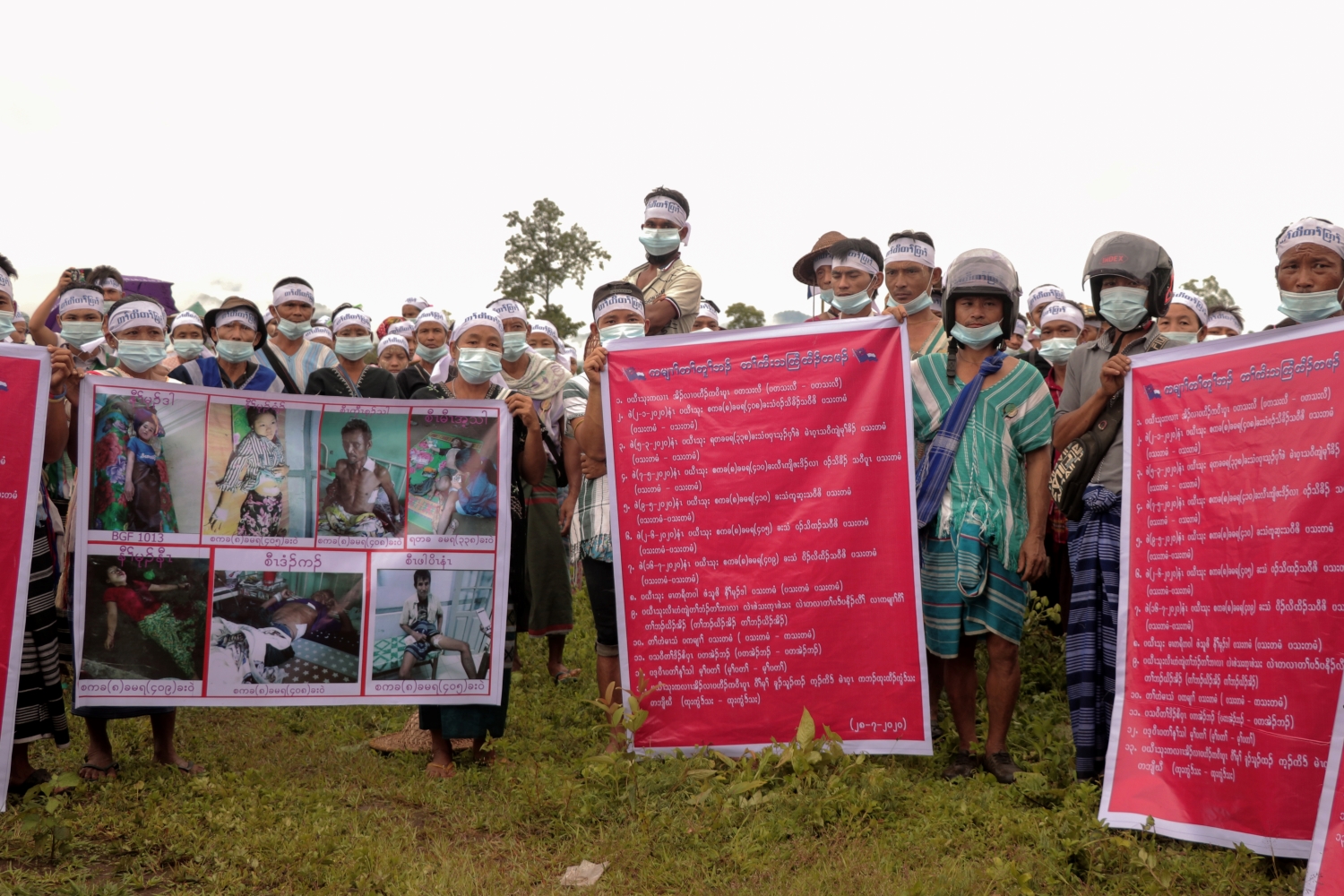
The ethnic peace process in Myanmar, which the Norwegian government initiated in 2012 between the Karen nationals and the Myanmar army “Tatmadaw” has definitively broken down. According to Frontier Myanmar, the “Tatmadaw” has resumed killing civilians, destroying villages, and displacing people from their homes, despite early promises of peace.
The Norwegian government played a key role in supporting the early stages of the peace process with high-level diplomatic and financial backing in 2012 and over the years important episodes have taken place to try to test the peace process and effectively implement the ceasefire. The last few years of aggression from the army of Myanmar however seems increasingly conclusive to the Karen civilians in the Karen hills, at least in areas under KNLA Brigades 3 and 5 – the Tatmadaw has no intention in keeping the peace.
What has been described as the longest-running civil war is the fight between the Karen nationals, one of the largest ethnic minorities in Myanmar, and the Tatmadaw, armed forces of Myanmar. The Karen conflict, which started in 1949, is the Karen civilians in Kayin State’s fight for an independent state in Myanmar.
The army of Myanmar has over the last seventy years displaced hundreds of thousands of civilians and around 200.000 have fled to Thailand. Back in 2012 the first pilot project, Kyauk Kyi Pilot Project aimed to provide much-needed assistance to conflict-affected Internally Displaced Persons (IDPs) and the project was funded by the Norwegian and the Australian Governments. The project was initiated under the Myanmar Peace Support Initiative (MPSI), and the Myanmar government allowed international organizations such as Norwegian People’s Aid (NPA) and the ILO into the area to lead international assistance to the peace process.
In recent years, however, the Tatmadaw has aggressively been patrolling along with the northern Karen (Kayin) State and eastern Bago Region, in areas long under the control of the Karen National Union (KNU) – and the Karen National Liberation Army’s brigades 3 and 5 in particular. They are regarded by villagers and the KNU as an alien, predatory and violent occupying force but the armed forces insist the reason for these maneuvers has been to support necessary road-building developments. Both villagers and the KNU have repeatedly protested the increased militarisation and they demand the withdrawal of Tatmadaw troops. In the Tatmadaw’s most recent offense that began in late December, they forced 3,900 villagers, including some 700 residents of Keh Der village tract in Bago Region’s Kyaukkyi Township from their homes.
The KNU calls the aggressive maneuvers a clear violation of Article 5 of the National Ceasefire Agreement that both sides signed in 2015, and which calls on all signatories to halt aggressive troop movements and the reinforcement of military bases. The Karen hills have no government civilian structure and KNU argues that the Tatmadaw is not bringing development into the area but only displacing existing community development activities provided by the KNU and partner civil society organizations.
Despite countless meetings between the military troops and several organizations acting on behalf of the Karen people, the conclusion from the Karen people remains as previously stated. Tatmadaw has no interest in respecting ceasefires and in paradox the troops seem intent on continuing its brutalization of local communities, pushing unwanted roads into ethnic areas that make it easier for it to consolidate its positions and re-supply its frontline troops.
Frontier Myanmar acknowledges that the Norwegian Government‘s early support was a key at the beginning of the peace process, but continues to write that after a few years, the Norwegian Ministry of Foreign Affairs seemed to prioritize business and economic expansion as indicators of sustainable peace. Frontier Myanmar adds thsat it also remains to be seen if the Norwegian government and other international supporters will respond to the Tatmadaw’s violations of the NCA. For now, the Karen civilians continue to live in fear in their villages.




